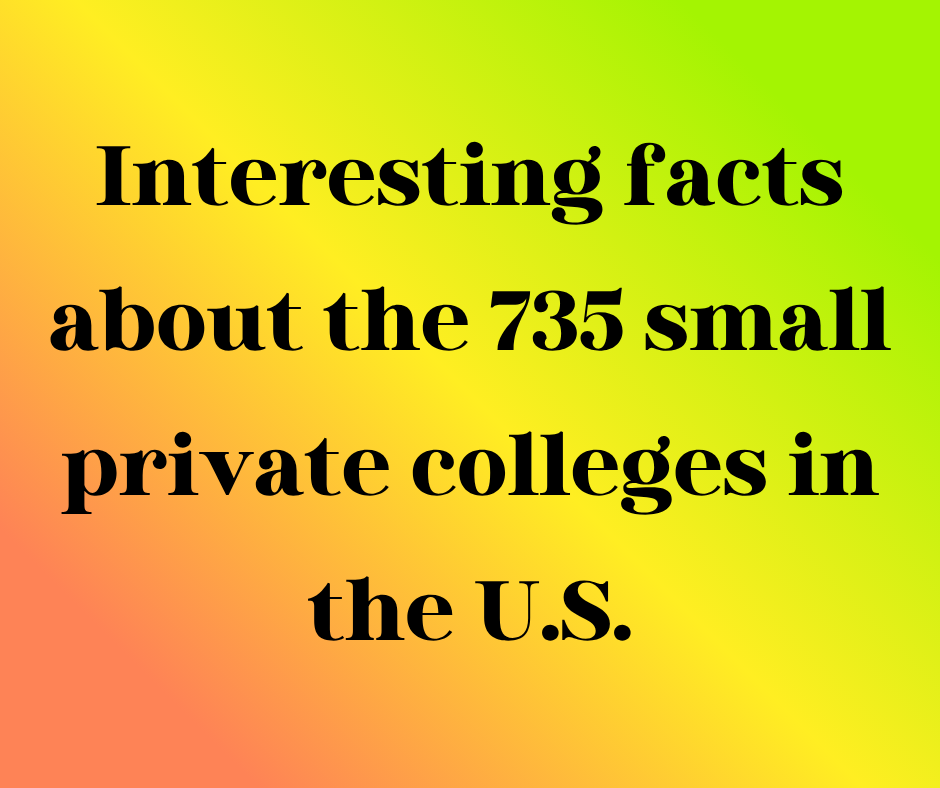Acting Conservatory at Webster University, St. Louis, MO
- vpeterpitts
- Aug 26, 2023
- 3 min read
This blog contains direct quotes from websites as of 2023. Programs and policies do change, at colleges, from time to time, so please check with the colleges directly to receive any updates. These are not, necessarily, the biggest, best, or most popular programs at the college, but they are the ones that just “caught my eye” as unique, special, interesting, or just plain awesome. Enjoy!
From the Webster University website, 2023” “Leigh Gerdine College of Fine Arts | Sargent Conservatory of Theatre Arts Webster's acting program students gain strong training for work in a wide array of venues. Voice, movement and acting training cover many styles, including period and contemporary realism, Shakespeare, Restoration and 19th century. Work in classes prepare actors for both stage and film work. Acting students work closely with The Repertory Theatre of St. Louis, providing them with a great introduction to American regional theatre.

“Program Overview: The Sargent Conservatory of Theatre Arts' actor's training program leads to a degree in acting or musical theatre. Complementing this program, musical theatre students take music and dance courses, and both acting and musical theatre students complete liberal arts courses, providing a well-rounded education.
“Year One: The first year of Conservatory is about discovery. Classes in acting, voice and speech, movement, stagecraft, text analysis, and make-up are all designed to help discover what it means to be an actor and establish the basis for a personal technique. Methods include centering and aligning, vocal production and phonetics, games, exercises, improvisation, and scene study. First-year students do not perform publicly, but do present scene work for the Conservatory at the end of the year.
“Year Two: The second year of Conservatory is about exploration. Through highly contrasting styles of dramatic literature, the basic technique established during the first year is stretched and strengthened. Classes in yoga, neutral mask, and physical characterization are added to the core of acting, and voice and speech. Second-year students join the casting pool and are now eligible to perform in the Conservatory season.
“Year Three: The third year of Conservatory is about application. The work in contrasting styles becomes even more ambitious. Skills acquired in the previous two years are applied to Shakespeare, Restoration and Edwardian drama. Voice and movement classes develop even more specific skills in dialects, period movement, and stage combat. A directing class is added to the basic core.
“Year Four: The fourth year of Conservatory is about refinement and looking toward the future. Interview, audition, and cold reading skills are developed. Acting for the camera, commedia dell'arte, and clown are investigated. Toward the end of the year, fourth-year students present themselves in a showcase in New York and Los Angeles for agents, producers, and casting directors.
“Webster University’s Sargent Conservatory of Theatre Arts trains our future colleagues to become visionaries, creators, and leaders in the next generation of theatre professionals.
“Webster University offers an intense four-year actor's training program leading to a BFA degree in acting or musical theatre. Both performance programs are based on a block of courses called the Conservatory. Complementing this program, musical theatre students take music and dance courses, and both acting and musical theatre students complete elective liberal arts courses that balance the curriculum and provide a well-rounded education.
“Learning Outcomes: At the end of their training, students in the Sargent Conservatory will be able to:
*Describe the cultural and historical context for theatrical practice.
*Hone strong analytical, research, organizational, and technical skills for the creation and/or performance of theatre.
*Apply skills (outcome # 2) to the production and performance of theatre encompassing a variety of styles with creativity and competence.
*Model positive and effective leadership, clear communication, and collaboration to work well with others.
*Assess power relationships and biases within the arts and society, past and present, and work to promote equity and justice through theatre via classwork and production.”
Webster University is one of the featured colleges in my new book (click image for additional information):





Comments